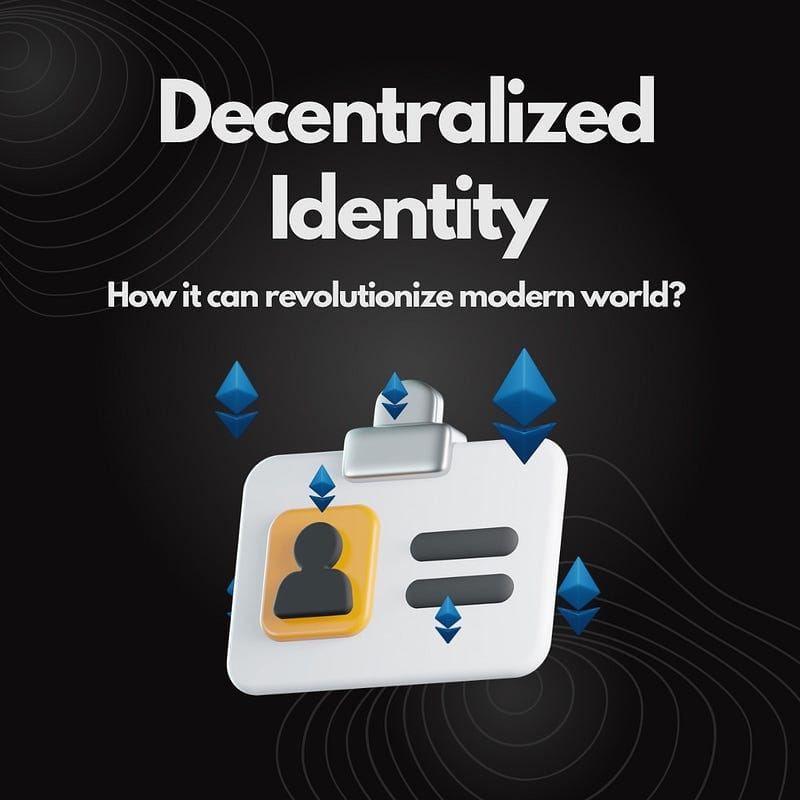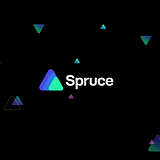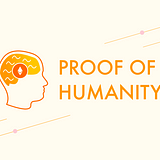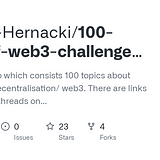Decentralized identity — web3 in real life
There is no man without an identity in the modern world, who can have an access to banking, jobs, etc. It is like a badge of short…

There is no man without an identity in the modern world, who can have an access to banking, jobs, etc. It is like a badge of short information about our name, address, date of birth, and many more.
Everyone’s personal data are highly centralized and dependent on the institutions and government. It makes the data extremely vulnerable for some thefts, cyber attacks, etc.
Lucky for us, blockchain gave an another opportunity, to decentralize it.
Are you wondering how?
Agenda
- Intro,
- What is it?
- How it works?
- Conclusion.
What is it?
“Traditional identifiers like your legal name or email address rely on third parties — governments and email providers. Decentralized identifiers (DIDs) are different — they aren’t issued, managed, or controlled by any central entity.”
Ethereum account can be treated as a decentralized identifier. Account creation is permissionless, each user can make multiple of them.
Decentralized identity is stored in distributed ledger called blockchain. It can be associated with different entities, like people, organizations, etc.
How it works?
DID are stored in the blockchain, so everyone can verify it, by using public key generated with simultaneously with private key, which is like a password to identity. Only owner of this password can modify and change data.
Decentralized identifiers have another advantage, they are crucial to protecting the privacy of personal information. For instance, if an individual submits proof of an attestation, like a driver’s license, the verifier receives a cryptographic guarantee.
Benefits
- increased individual control of identity, without third party authorities,
- trustless, seamless, and privacy-protecting method for verifying and managing user identity,
- more portable way of managing an identity,
- should work with zero-knowledge technologies that will enable to prove the ownership of something without revealing what is it.
Use Cases
- universal logins,
- KYC,
- voting,
- anty-Sybil protection.
Examples:
- Ens domains
- spruce ID

- Proof of humanity

- bright ID

- Proof of personal hood
Conclusion
Decentralization of identity can provide a lot of benefits but also concerns. Decentralization is a freedom, capability of handling own identity and have it portable is required. No third party authorities included in the process isa big announcement.
However, is the community really ready for such an upgrade? Managing all crypto stuff can be difficult for huge part of society, so this model can work aside.
Did you like it? Follow my official repo to know more about web3:





